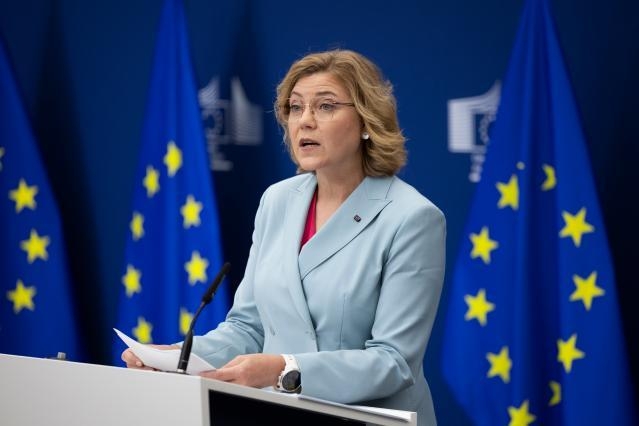The European Commission has today unveiled the Quantum Strategy, aiming to establish Europe as a global leader in quantum technology by 2030. This Strategy is designed to cultivate a robust and sovereign quantum ecosystem that promotes the growth of startups and translates pioneering scientific advancements into market-ready applications, while also safeguarding Europe’s leadership in scientific innovation.
Quantum technologies are expected to revolutionise the approach to addressing complex challenges, including advancements in pharmaceuticals and the protection of critical infrastructure. These technologies will create new avenues for the EU’s industrial competitiveness and technological sovereignty, with substantial dual-use potential in the defence and security sectors. By 2040, it is projected that the quantum sector will provide thousands of highly skilled jobs across the EU and reach a global market value exceeding €155 billion.
The Strategy is centred on five key areas: research and innovation, quantum infrastructures, strengthening the ecosystem, dual-use technologies in space, and the development of quantum skills. A primary aim is to enhance the share of global private funding that European quantum companies currently receive, which stands at approximately 5%, thereby fostering the growth of startups and scale-ups and encouraging European industries to adopt quantum solutions.
“With Quantum science advancing rapidly, we are on the verge of some of the most transformative scientific and technological breakthroughs. Europe has always been at the forefront of quantum science, with a strong record of innovation and discovery. We have everything we need to become a leading quantum continent, from a highly skilled workforce to a robust research infrastructure. As the global quantum race intensifies and moves from lab to real-world application, Europe must maintain its leadership. That’s why we are launching the Quantum Europe Strategy – to bring together Member States, industry, academia and society to unlock the full potential of quantum technologies,” said Henna Virkkunen, Executive Vice-President for Tech Sovereignty, Security and Democracy.
The Commission will engage closely with Member States and the broader European quantum community, including academic institutions, startups, industry stakeholders, and representatives of innovation. A High-Level Advisory Board will be established, bringing together distinguished European quantum scientists and technology experts, including Nobel Prize Laureates in quantum science. This board will offer independent strategic guidance on the implementation of the Quantum Europe Strategy.
Furthermore, this Strategy will be succeeded by a proposed Quantum Act, anticipated in 2026, aimed at further reinforcing the quantum ecosystem and industrialisation efforts. The Act will incentivise Member States, companies, investors, and researchers to invest in (pilot) production facilities as part of large-scale, EU-wide national or regional initiatives.

